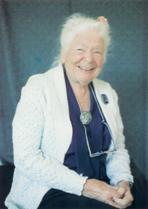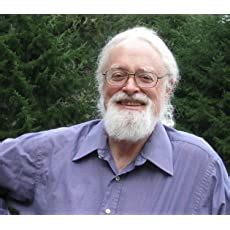A Quote by Garry Kasparov
...comparing the capacity of computers to the capacity of the human brain, I've often wondered, where does our success come from? The answer is synthesis, the ability to combine creativity and calculation, art and science, into whole that is much greater than the sum of its parts.
Related Quotes
The Criteria of Emotional Maturity: The ability to deal constructively with reality The capacity to adapt to change A relative freedom from symptoms that are produced by tensions and anxieties The capacity to find more satisfaction in giving than receiving The capacity to relate to other people in a consistent manner with mutual satisfaction and helpfulness The capacity to sublimate, to direct one's instinctive hostile energy into creative and constructive outlets The capacity to love.
Chess is a unique battlefield for human minds and computers - human intuition, our creativity, fantasy, our logic, versus the brute force of calculation and a very small portion of accumulated knowledge infused by other human beings. So in chess we can compare these two incompatible things and probably make projections into our future. Is there danger that the human mind will be overshadowed by the power of computers, or we can still survive?
Modern physics has taught us that the nature of any system cannot be discovered by dividing it into its component parts and studying each part by itself... We must keep our attention fixed on the whole and on the interconnection between the parts. The same is true of our intellectual life. It is impossible to make a clear cut between science, religion, and art. The whole is never equal simply to the sum of its various parts.
I have come to the conclusion that human beings are born with an innate capacity to triumph over trauma. I believe not only that trauma is curable, but that the healing process can be a catalyst for profound awakening - a portal opening to emotional and genuine spiritual transformation. I have little doubt that as individuals, families, communities, and even nations, we have the capacity to learn how to heal and prevent much of the damage done by trauma. In so doing, we will significantly increase our ability to achieve both our individual and collective dreams.
The art and science of memory is about developing the capacity to quickly create images that link disparate ideas. Creativity is the ability to form similar connections between disparate images and to create something new and hurl it into the future so it becomes a poem, or a building, or a dance, or a novel. Creativity is, in a sense, future memory.
After all, I quite naturally want to live in order to fulfill my whole capacity for living, and not in order to fulfill my reasoning capacity alone, which is no more than some one-twentieth of my capacity for living. What does reason know? It knows only what it has managed to learn (and it may never learn anything else; that isn't very reassuring, but why not admit it?), while human nature acts as a complete entity, with all that is in it, consciously or unconsciously; and though it may be wrong, it's nevertheless alive.
This is what I find most magnetic about successful givers: they get to the top without cutting others down, finding ways of expanding the pie that benefit themselves and the people around them. Whereas success is zero-sum in a group of takers, in groups of givers, it may be true that the whole is greater than the sum of the parts.

































